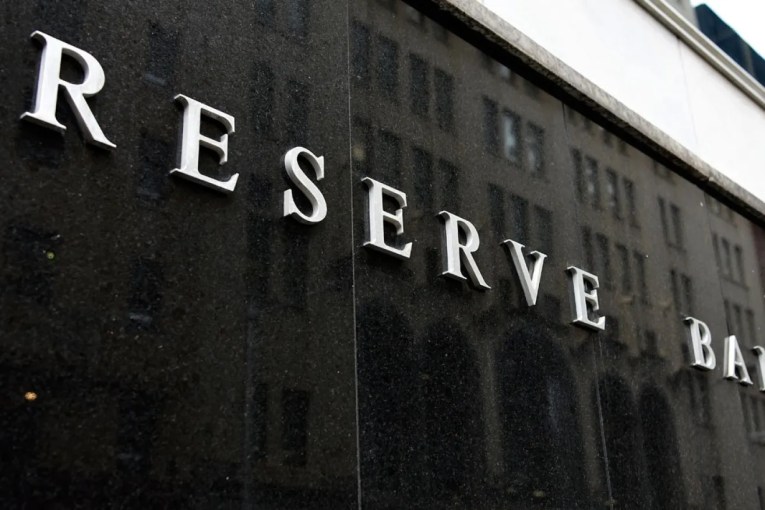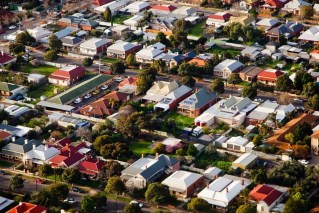Ask the Expert: More on death, taxes and property – minimise super fees, maximise your retirement


Question 1
- My wife and I who are both in our late 70s both have considerable taxable amounts (total over $800,000) showing on our superannuation accounts, which are both in the accumulation phase. These funds are a nest egg and we have sufficient income without having to draw down on these. I have a couple of questions:
- In the event of the death of either one of us, is tax payable if the other one is the beneficiary? Or is it only payable if the benefit is paid to a non-dependant?
- If the funds are moved out of super to say a term deposit, does this avoid the ‘super tax’ and in the event of death, the funds would transfer to the beneficiary tax free?
Many thanks – your column is a mine of general information without having to pay for legal advice.
Hello, and thanks for your comments.
To your first question, no tax is payable on superannuation benefits that are paid to a spouse upon your death.
The surviving spouse will then have the option of having the funds continue in an income stream, or they can be cashed out tax free.
It’s only when benefits are paid to what is classified a ‘non-tax’ beneficiary that tax is paid on the taxable component of 17 per cent (including Medicare).
Anyone not listed below is classified as a non-tax beneficiary/non-tax dependant:
- Spouse
- Child under 18
- A person with whom the deceased person had an interdependency relationship just before they died
- A person who was financially dependent upon the deceased person just before they died.
Therefore, the death of the second spouse would then possibly trigger this. Of course, if the first spouse who dies left their super to a non-tax beneficiary rather than their partner, this would also trigger the tax.
For those under 75 I discussed a cash out and recontribution strategy as one way to reduce this tax in a recent article.
Secondly, yes by moving the funds into a term deposit, bank account or similar it would avoid this tax for the eventual beneficiary. However, you would lose out on the benefits of having the money in super.
Also bear in mind that by having the money in super accumulation you are paying (up to) 15 per cent tax on earnings. As an example, if your $800,000 in super earned 5 per cent ($40,000) a year, your fund is paying $6000 ($40,000 x 15 per cent) in earnings tax. Whereas this tax is avoided once in pension phase.
So, one strategy you could look at is commence pensions, and whatever you draw out save into a high-yielding bank account.
In this way you avoid earnings tax and if you run the account down to zero (or at least close to zero) over a number years you also reduce the superannuation death benefits tax.
Whatever approach you take you should ensure your nominated beneficiary on your super, and your will is up to date to reflect what assets you have and who you want to leave the benefits to.
Question 2
- I am 55 and planning to retire around 60 (when I can access my super). My wife is 53 and on injury benefits and receiving a small income (not working). We have a partly paid off rental property (owing just under 200k), own our own home (no loan) and are planning to spend some money on renovations of our primary residence this year. We will be left with 200k in the bank. I have a reasonable super balance (about 400k) and my wife has a small balance (about 100k).
- The first question is should we pay off the rental property with interest going up or should we not fix interest any more and put the funds in an offset?
- Secondly, how should I arrange my financial assets to best place myself in retirement (I cannot seem to see a way we might draw any pension)?
Whether you should pay off your investment loan will depend on a few things such as:
- Is it in both names?
- What marginal tax rate are you on?
- Is the property negatively or positively geared?
- What are your long-term plans for the property?
It would certainly simplify your affairs and save interest, which is now, as you point out, at a fairly high rate. However, you will need to assess the tax consequences and I suggest seeking tax advice.
Secondly, you or your wife won’t be eligible for the age pension until you reach age 67. That is still 12 years away for yourself and 14 for your wife.
It will depend on your level of assets at that time. From 60 to 67 you may be drawing down and reducing your assets so you still may become eligible. Even if it is not straight away as you get older and draw down further on your assets you could become eligible at a later time.
Question 3
- Hi, My husband and I own a property in SMSF. Will we both need to be retired if we want to sell it and pay off our loans outside super? Or can we sell and use funds if one of us retired?
Your SMSF can sell the property, but all proceeds must remain within the SMSF until you attain a condition of release.
That is until you reach age 60 and change jobs, retire after age 60, or reach age 65.
You would each have your own balance within the SMSF, and the retired person would only be able to withdraw their balance, not all the funds from the SMSF.
Craig Sankey is a licensed financial adviser and head of Technical Services & Advice Enablement at Industry Fund Services
Disclaimer: The responses provided are general in nature, and while they are prompted by the questions asked, they have been prepared without taking into consideration all your objectives, financial situation or needs.
Before relying on any of the information, please ensure that you consider the appropriateness of the information for your objectives, financial situation or needs. To the extent that it is permitted by law, no responsibility for errors or omissions is accepted by IFS and its representatives.
The New Daily is owned by Industry Super Holdings







